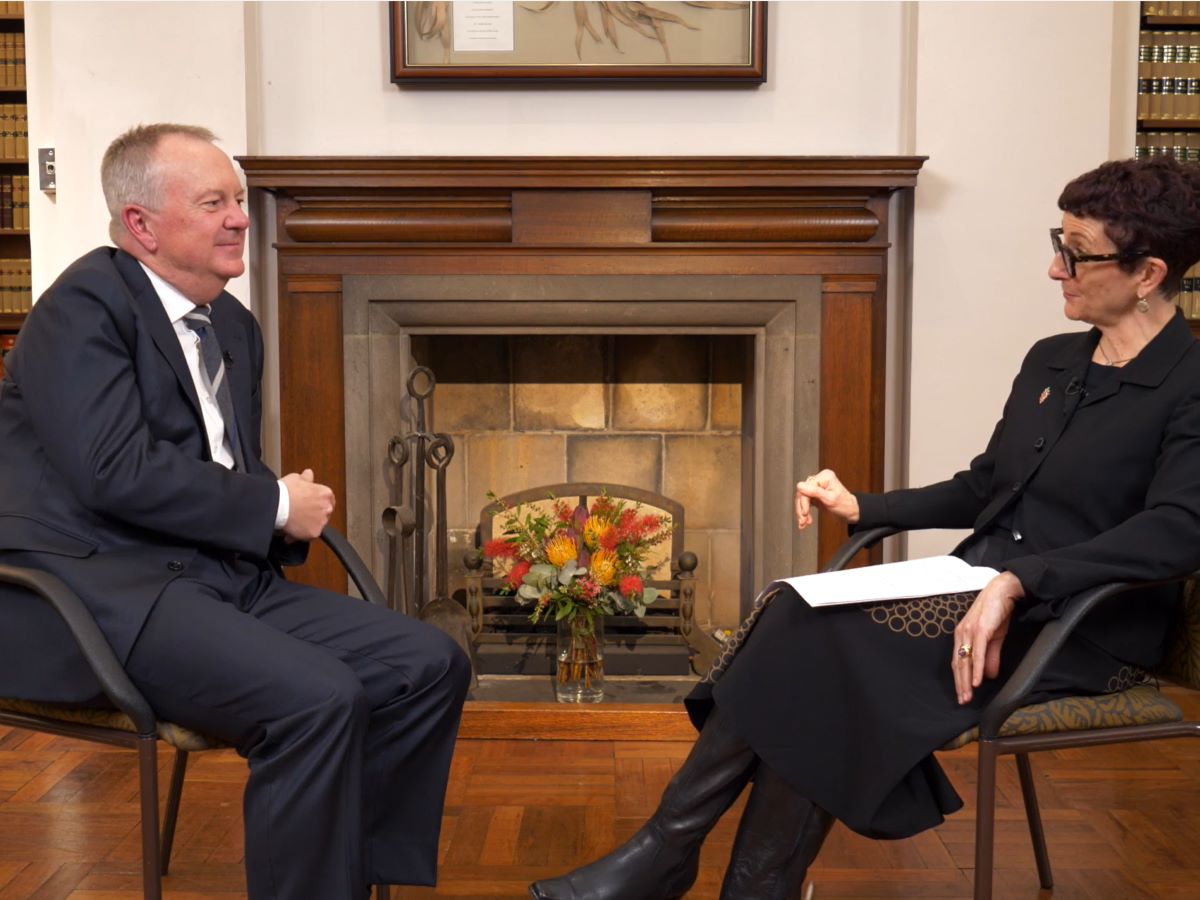Our new report maps dispute and complaint resolution bodies data
The third from our Data Mapping project, this report examines the use and utility of administrative data collected by dispute and complaint resolution bodies in Victoria.

We are delighted to release our new report: Mixed Bunch: The use and utility of administrative data in dispute and complaint resolution bodies in Victoria
The findings in this report show that dispute and complaint resolution bodies are vital for Victorians seeking justice. The participating bodies handled more than 230,000 disputes and complaints in 2020-21, but there are challenges to be overcome if we are to realise their full potential in delivering fair outcomes for Victorians.
We found there was substantial variation in the data collected by participating agencies, and what they used it for. While this variation reflects the scope and role of each body, standardised approaches would give a much stronger picture of their impact and some insight into the gaps. Agreed data standards for key measures would provide greater insight into how people navigate the system, who accesses it, and outcomes for different parts of our community.
This is the third report in our Data Mapping Project, looking at the administrative data in three areas: legal assistance, courts and tribunals, and complaints and dispute resolution bodies. This exploration is a foundational step in understanding the availability, suitability and utility of administrative data for answering important access to justice questions.
If you would like to discuss these findings or any other aspect of our data mapping work, please contact our Research team.
Previous Data Mapping Reports
Smarter data: The use and utility of administrative data in Victorian courts and tribunals
Publications
Mapping Justice, stage three: Mixed Bunch
Examining the use and utility of administrative data in dispute and complaint resolution bodies in Victoria.

Subscribe to our Newsletter
Courts, Community and Confidence
Join Chief Justice Richard Niall a for a recorded conversation about the law’s role in our community and the challenges shaping justice today.


